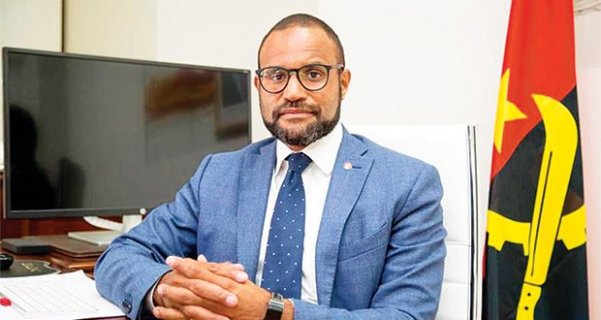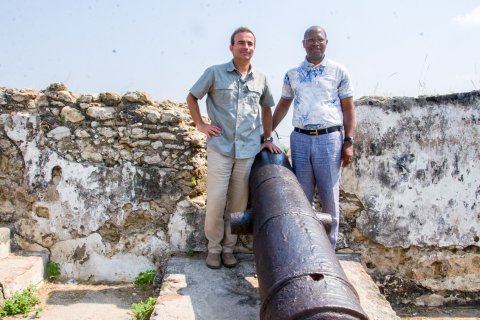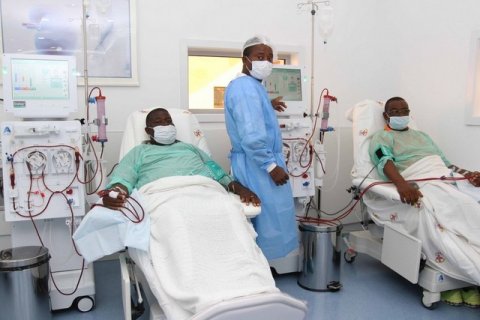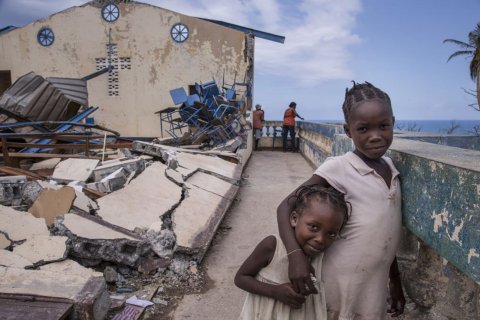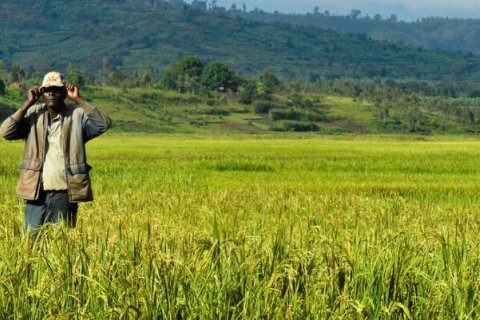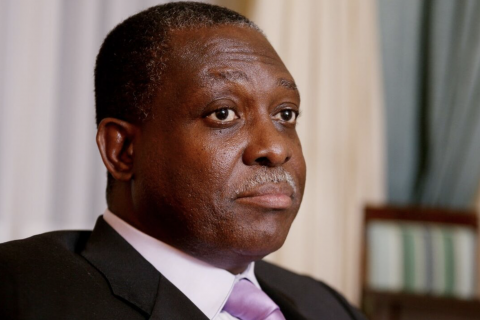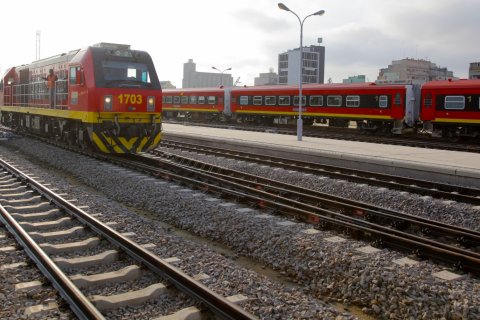Mário Caetano João, who opened this Wednesday the second conference of the Economy and Market (E&M) on "Blue Economy", said that Angola has, since June this year, a National Strategy for the Sea prepared and approved, and now it is necessary to ensure its implementation.
According to the official, public investments for the development of the blue economy face "a series of challenges, particularly related to financial resources". "This includes borrowing capacity, tax revenue collection and official aid," said the minister.
According to Mário Caetano João, "designing a Blue Economy strategy and its consequent implementation requires access to long-term financing at affordable prices and some countries have successfully made public investments and attracted private resources in the field of the Blue Economy". For the Angolan official, "a paradigm shift in the use of available funding would be necessary".
"The opportunities to leverage domestic resources, combining concessional financing with other international resources for the Blue Economy, are promising. Investment in coastal infrastructure with the most diverse financial engineering of Multilateral Financial Institutions such as the World Bank and African Development Bank (in this case Angola) would serve as a catalyst for private sector investment in Blue Economy initiatives," he said.
Angola has more than 1,600 kilometers of coastline, representing around 600,000 square kilometers of Exclusive Economic Zone (EEZ), that is, almost half of its national territory, noted Mário Caetano João, adding that "sustainable exploitation of the marine potential can contribute deeply to improve the country's economic development and social well-being".
"The Angolan coasts can emerge as a prospective source of the blue economy, expanding the exploitation of its marine assets and thus taking the attention of the research and production of oil and gas, for sectors such as fishing, construction and destruction of ships, production of salt , promotion of leisure and sports tourism, and so on", he stressed.
According to the minister, the new emerging development paradigm of the blue economy has great potential for a large-scale growth in Gross Domestic Product (GDP), however, "the oceans are under serious threat from human activities, where economic profit is at the expense of environmental degradation".
The conference discussed topics on "Angola in the African and World Maritime-Port Context - Opportunities and Challenges", the "National Strategy for the Sea" and the National Strategy for the Sea - Maritime Security, Promotion of the Blue Economy and Private Investment" .
According to the director for Sea Affairs, António Silva, the maritime economy in 2020 contributed around 33 percent of GDP, noting that Angola is part of the Benguela Current Convention, a support for attracting foreign investment.
During the conference, the issue of illegal fishing was a concern raised by the participants, with the president of the Association of Artisanal and Semi-industrial and Industrial Fishing of Luanda (APASIL), Manuel Azevedo, underlining the problem of landing and embarking fishing on the coast angolan
Manuel Azevedo suggested to the Port of Luanda the construction of small piers or small ports to stop unloading, mainly of fish, in unsuitable areas. "Unreported and unregulated illegal fishing has affected us a lot because of unfair competition. The port, instead of building workshops, cabotage, should see these infrastructures, which would be port infrastructures", he said.
The administrator of the Private Investment and Export Promotion Agency (AIPEX), Neide dos Santos, pointed out some challenges in attracting investments and guaranteeing greater security for the investor, namely the mandatory partnership with a national in the capture segment, suggesting its elimination.
According to Neide dos Santos, from 1992 to 2022, AIPEX had projects budgeted at US$513 million, stressing that the fisheries sector represents only 2 percent of total investments, due to some constraints.

